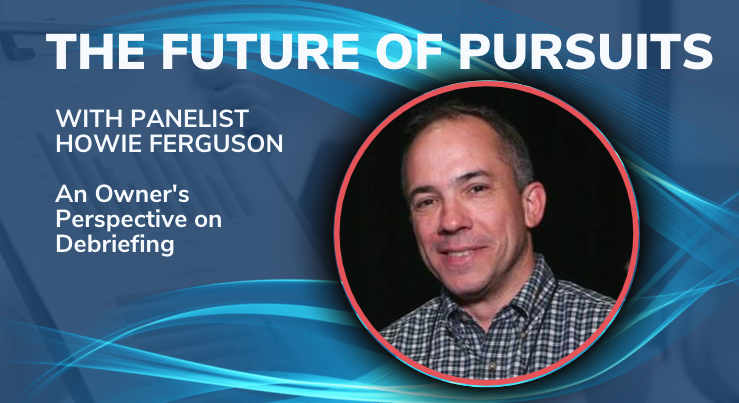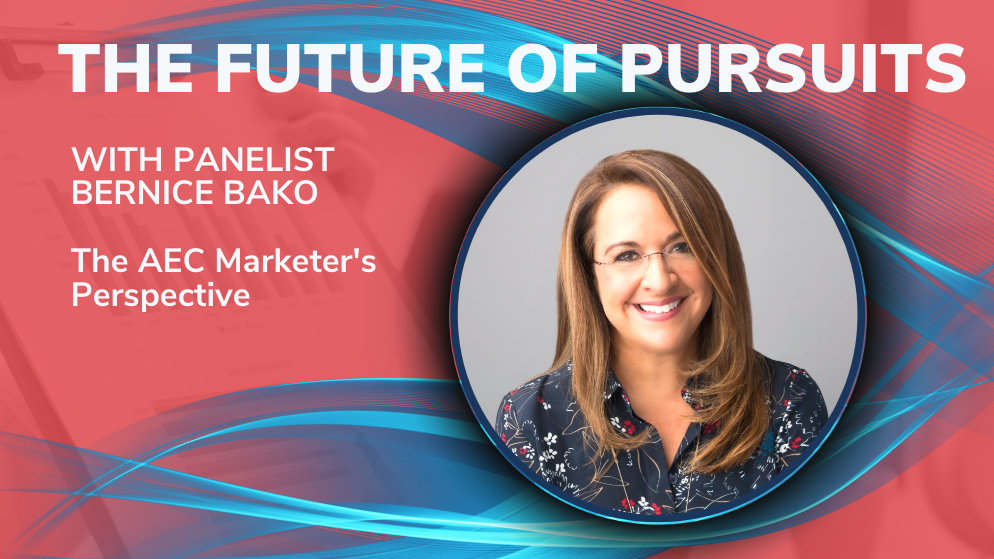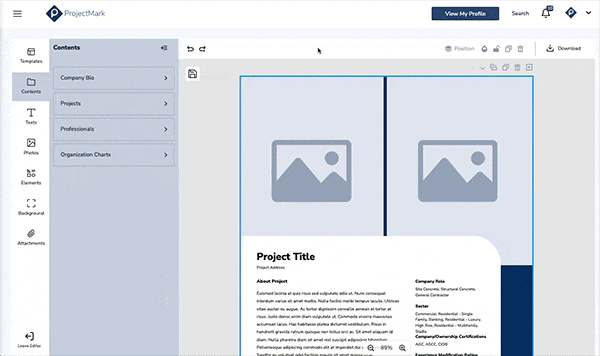An Owner's Perspective on Debriefs

Howie Ferguson is the Executive Director of COAA, the Construction Owners Association of America. Prior to beginning this role in August 2018, he served as Assistant Director and Senior Project Manager at the University of Florida and as an officer in the U.S. Navy’s Civil Engineer Corps. He is now focused on COAA’s mission, which is all about helping Owners be better Owners and improving both their project delivery and their project delivery experience.
In preparation for our June 15, 2022 webinar, we had a conversation about one of the topics Howie is most passionate about - debriefing. In this blog, we'll dive more into why debriefing is important and how AEC professionals can make the most of the opportunity to debrief.
Debriefing is About Being a Good Owner
"This goes back to the concept of being a good owner, the owner that people want to work for. I tried to take that really seriously by taking good notes during the pursuit and then revisiting them before meeting with a team that either didn't get shortlisted or didn't get the job after interviewing. I always wanted to be thorough in my debriefs so the teams I worked with knew that I cared about the feedback I was giving them because it does hurt when you don't get selected. But maybe a couple of months later I heard back from them like, 'Hey, we're still kind of bummed. We think you should have picked us. But, after reflecting more, that was a great debrief. Really appreciate it. It was honest, and now we're even more fired up about coming to get a project with you.' When I got this kind of feedback from teams, I thought, 'mission accomplished.' That's what I want. I think we owe that to folks. Especially when you get to the stage of interviewing because now you're really putting some serious effort, and time, and money into it."
Just Because You Didn't Win, Doesn't Mean You Lost
"It's definitely a two-way street during a debrief. The professionals we debrief have to be open to receiving feedback as blunt or as candid as it may be. And they have to be open to the fact that sometimes they didn't lose the job. The other team just won it - and that was hard for folks to take. I would debrief someone and often the first question he or she would ask is, 'What did we do wrong?' The team didn't do anything wrong. They were great. The team validated they should have been on the shortlist. It's just that the winning team did a few things better. At that point, I would walk through the questions that the winning team answered better. Or I would elaborate on how the winning team brought in this expert to explain a key component of the project. Typically, I would show the team debriefing how they just didn't get as detailed in some cases as their winning competitor did. And it's hard to hear that kind of feedback, but I think honest feedback really helps."
Debriefing After Winning
"In 18 years at the University of Florida, I probably had three or four teams who specifically wanted to debrief after winning, and at first I was kind of confused about why they wanted to since they won the job. But when those firms would show up for the debrief, they had a great attitude, and they would say, 'You know, we can always do better.' Those firms really impressed me and I realized that we really did pick the right team (talk about trying to continuously improve). So, I thought even more highly of that team."
Win or Lose, Debrief
Debriefing is a great way to help firms understand how they are communicating their services and capabilities to owners. It also gives AEC firms a great way to begin building a relationship with a prospective owner. Although candid feedback can sometimes be challenging to hear, as long as the team uses it to learn and grow, it can be instrumental in helping firms create better pursuit and presentation strategies. So win or lose, debrief!


